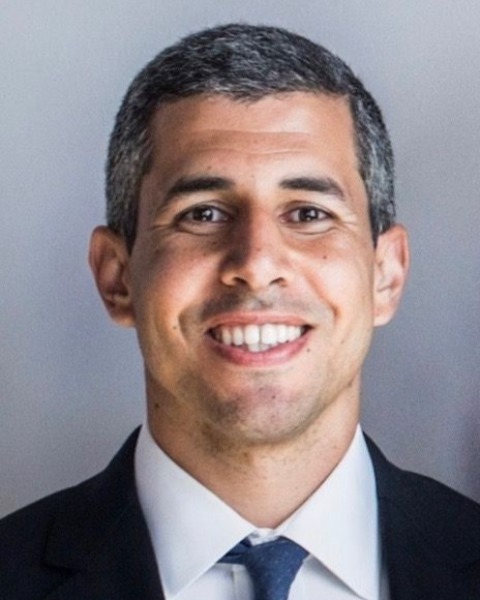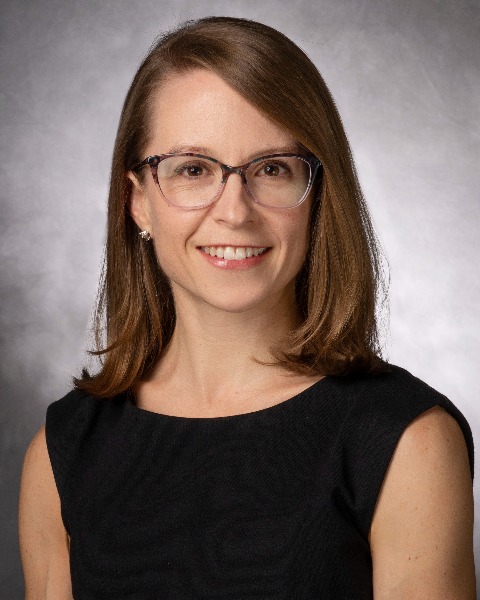Disparities in Surgical Oncologic Care
E160: The association between socioeconomic status and ethnic diversity and the receipt of adjuvant chemotherapy for colon cancer: a population-based cohort study

Adom Bondzi-Simpson, MD, MSc (he/him/his)
Resident Physician
University of Toronto
Toronto, Ontario, Canada
Adom Bondzi-Simpson, MD, MSc (he/him/his)
Resident Physician
University of Toronto
Toronto, Ontario, Canada
Adom Bondzi-Simpson, MD, MSc (he/him/his)
Resident Physician
University of Toronto
Toronto, Ontario, Canada
Ramy Behman, MD, PhD
Complex General Surgical Oncology Fellow
Memorial Sloan Kettering Cancer Center
Toronto, Ontario, United States- TR
Tiago Ribeiro, MD
Resident Physician
University of Toronto, United States - SP
Sheron Perera, MD, PhD
Assistant Professor
Department of Medicine, Division of Medical Oncology/ Hematology, University of Toronto, United States - AL
Aisha Lofters, MD, PhD
Associate Professor
Department of Family and Community Medicine, University of Toronto, United States - RS
Rinku Sutradhar, PhD
Professor
Institute of Health Policy Management and Evaluation, Division of Biostatistics, Dalla Lana School of Public Health, University of Toronto, United States 
Rebecca A. Snyder, MD, MPH (she/her/hers)
Associate Professor
The University of Texas MD Anderson Cancer Center
Houston, Texas, United States
Callisia Clarke, MD, MS
Associate Professor
Medical College of Wisconsin
Milwaukee, Wisconsin, United States- IJ
Irene Jeong, MSc
Data Analyst
Institute for Clinical Evaluative Sciences (ICES), United States - AG
Anna Gombay, BA
Research Assistant
Clinical Evaluative Sciences, Sunnybrook Research Institute, Canada - AB
Austin A. Barr, BSc
Research Assistant
Clinical Evaluative Sciences, Sunnybrook Research Institute, Canada 
Natalie G. Coburn, MD, MPH
Professor
Department of Surgery, Division of General Surgery, University of Toronto
Toronto, Ontario, United States
Julie Hallet, MD MSc FRCSC FSSO (she/her/hers)
Associate Professor
Department of Surgery, Division of General Surgery, University of Toronto
Toronto, Canada
ePoster Abstract Author(s)
Submitter(s)
Author(s)
In eligible patients, adjuvant chemotherapy decreases cancer recurrence and improves overall survival. Barriers to accessing such care may contribute to inequity in oncological outcomes. We examined the association between socioeconomic status (SES) and neighbourhood ethnic diversity on receipt of adjuvant chemotherapy in stage III patients with colon cancer.
Methods:
We conducted a population-based retrospective cohort study of adults operated for stage III colon cancer (2007- 2020). The primary exposures were SES and ethnic diversity defined by ecologic measures from census data, both captured as quintiles. Outcomes were receipt of medical oncology consultation and adjuvant therapy in the 3 months after surgery. Logistic regression examined the association between each exposure and outcomes while adjusting for confounders. A sub-group analysis examined the receipt of adjuvant therapy restricted to patients consulting with medical oncology.
Results:
Of 14,511 patients, 6,539 (45.6%) received medical oncology consultation and 8,814 (61.4%)
adjuvant chemotherapy within 3 months of surgery. After adjusting for age, sex, surgical approach, and comorbidities, the lowest SES quintile was associated with lower odds of medical oncology consultation (odds ratio – OR 0.84; 95% confidence interval – CI 0.75-0.93) and of adjuvant chemotherapy (OR 0.70; 95%CI 0.62-0.80), compared to the highest quintile. The highest ethnic diversity quintile was associated with lower odds of both medical oncology consultation (adjusted OR 0.88; 95%CI 0.79-0.98) and adjuvant chemotherapy (adjusted OR 0.92; 95%CI 0.64-0.82), compared to the lowest diversity quintile. When extending outcomes to 6 months after surgery, these associations persisted. When restricting to patients who had a medical oncology consultation, the lowest SES quintile was associated with lower odds of adjuvant chemotherapy (OR 0.75; 95%CI 0.61-0.93) but there was no association for ethnic diversity (adjusted OR 0.87; 95%CI 0.71-1.08 for highest diversity quintile).
Conclusions:
Within a universal healthcare system, lower SES and higher ethnic diversity were independently associated with lower odds of both medical oncology consultation and adjuvant chemotherapy after resection for stage III colon cancer. These findings outline inequity in access to and receipt of care that may translate into differences in oncologic outcomes and suggests areas where surgical oncologist may intervene to improve the care of vulnerable patient groups.
Learning Objectives:
- Understand the impact of the social determinants of health in cancer surgery outcomes in a publicly funded, universally available, single-payer healthcare system.
- Understand the concept of marginalization and be able to understand concepts in the measurement of marginalization at the neighbourhood level.
- Conceptualize the relationship between marginalization and access to oncological care.
